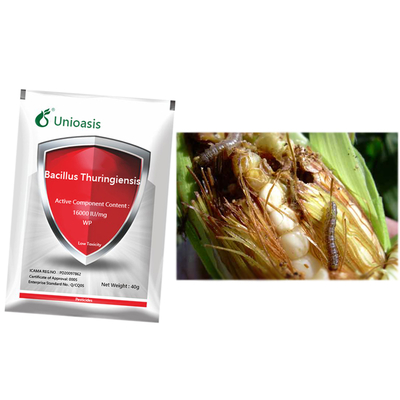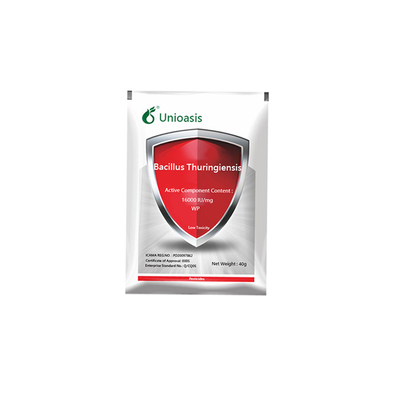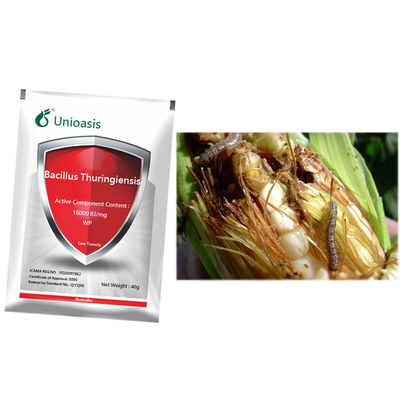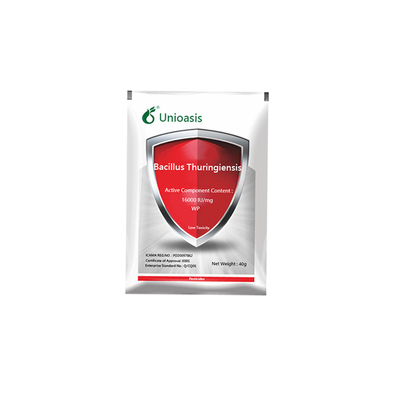All Products
-
Biological Insecticides
-
Biological Pesticide
-
Natural Vegetable Insecticides
-
Maize Crop Pesticides
-
Fruit Tree Pesticides
-
Rice Crop Pesticides
-
Cotton Crop Pesticides
-
Tea Tree Insecticide
-
Biological Fungicide
-
Biological Fertilizer
-
Cockroach Bait Gel
-
Home Pest Killer
-
Mosquito Larvae Killer
-
Z-9-Tricosene
-
Fly Killing Bait
-
Ant Killing Bait
Bacillus Thuringiensis Btk Biological Insecticide for Caterpillars

Contact me for free samples and coupons.
WhatsApp:0086 18588475571
Wechat: 0086 18588475571
Skype: sales10@aixton.com
If you have any concern, we provide 24-hour online help.
xProduct Details
| Highlight | Bacillus thuringiensis Btk caterpillar insecticide,biological insecticide for caterpillars,Btk insecticide with natural pest control |
||
|---|---|---|---|
Product Description
Multi-use General Pesticide Bacillus Thuringiensis
Effective Against Cabbage Caterpillar (Plutella Xylostella) and Other Leaf-Eating Pests
Bacillus thuringiensis (Bt) has been a cornerstone in pest control for over a century. As the most extensively researched, developed, and widely applied microbial insecticide, Bt offers a powerful biological solution for agricultural pest management.
Mode of Action
Bt produces two potent toxins: endotoxins (parasporal crystals) and exotoxins. These toxins cause pests to cease feeding, leading to death through starvation, cell wall rupture, blood poisoning, and neurotoxic effects.
Target Pests
Bacillus thuringiensis var. kurstaki (Btk) is particularly effective against:
- Tent caterpillars
- Gypsy moth
- Cabbage looper
- Tomato hornworm
- Other leaf-eating caterpillars on trees, shrubs, and vegetables
Application Guidelines
For optimal results, apply during the 1st and 2nd instar stages when caterpillars are small. As a stomach toxin, Btk must be ingested by the insect to be effective.
Key Features
- Broad-spectrum, high-efficiency bio-pesticide with stomach poison action
- Exceptional control against various pests and resistant strains
- Specialized efficacy against Lepidoptera, Diptera, and Coleoptera pests
- Environmentally safe - harmless to humans, animals, and beneficial insects
Recommended Products






